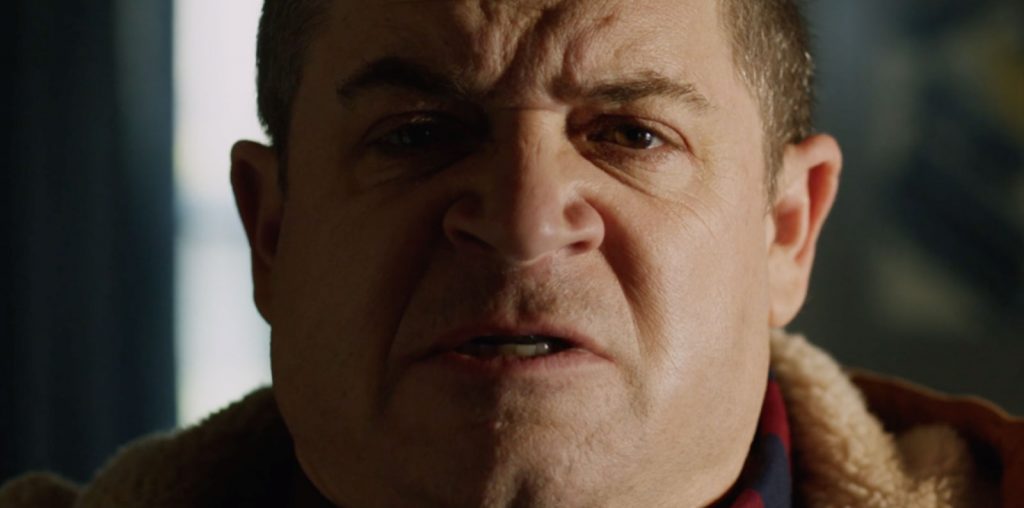
If any of what we believe to be unalienable rights were taken away, the right to choose, the ability to move around and speak freely would top our lists as freedoms whose absence would immediately and significantly impact us. In his film “FAQ: Frequently Asked Questions” (2004), Carlos Atanes creates a world in which the right to love and touch have been absconded, forcing us to ask ourselves what would really be a worst case scenario. The outlawing of certain aspects of personal agency or any display of affection.
Angeline (Anne-Cline Auche) and Nono (Xavier Tort) live in a dystopic future where a totalitarian matriarchy called Notre Dame has taken over Paris (as well as the rest of Europe) and has illegalized impure thoughts, physical contact of any kind, sex (casual and procreative), particular kinds of sound recording equipment, and specific components of nature. Angeline, a scientist of some sort, has decided to join the Sisterhood of Metacontrol, supporters of Notre Dame. In return for being accepted as a member of this group, Angeline signs her uterus away, a contribution for “the Glory of the reproductive machine of Notre Dame.”
Meanwhile, Nono is obsessively recording sounds (insects crawling, contact between his mic and a cord) and accessing through a computer live-action images of people engaging in intimate acts (physical contact). Two members of the Iberian Department approach Nono and ask him to join their cause, building an audio archive of banned sounds such as bird and leaves in the wind. The two men, Head Insurgent (Manuel Solas) and Apprentice Insurgent (Raul Mena), explain to Nono that he is a very skilled sound-collector who can them achieve their ultimate goal, recording “the breath, the brushing, the palpitation of the human body, of the female.” He responds to their proposition with a handshake, but doesn’t make any obvious attempts to prove his allegiance (if his handshake was in fact a sign of acceptance). Instead, he engages in behavior the Sisterhood considers criminal.
What the citizens of Paris cannot do does not seem that “bad,” and the continual broadcasting of a female announcer stating that the world is clean and healthy, therefore physical contact should be avoided, eventually convinces you—the viewer—that human touch may not be terribly missed. “FAQ” argues that we would not be able to live without the right to experience tactile stimulation. For the inhabitants of a society at the mercy of “Our Lady,” not being able to touch causes the suppression of other desires, in effect dehumanizing them on the most primal level.
Atanes’s film not only dismisses the notion that life would be livable if we could more or less still choose, move, and think as we pleased, but it also criticizes the belief that women would be more benevolent heads of states and they would usher in a reign of harmony. In “FAQ,” the world may be more “peaceful” with women in control, but it would be no less cruel. Imagine a justice system where the offender could make bail by sentencing his own punishments, usually involving a public confession of crimes, self-mutilation, and disconnection (or death). Referring to the end of life as “disconnection” implies that the people are attached to a life source. But are they? They owe their existence to the matriarchy, but they are no more linked to her than they are allowed to be with each other.
“FAQ” compels us to recognize that like anything we truly prize, we’re bound to take the freedom to touch and to love for granted, not knowing its significance until it’s gone. At the same time, though, allegory gives way to artifice and the protagonists reclaim their humanity in a way, reminding you where their reality lies.
